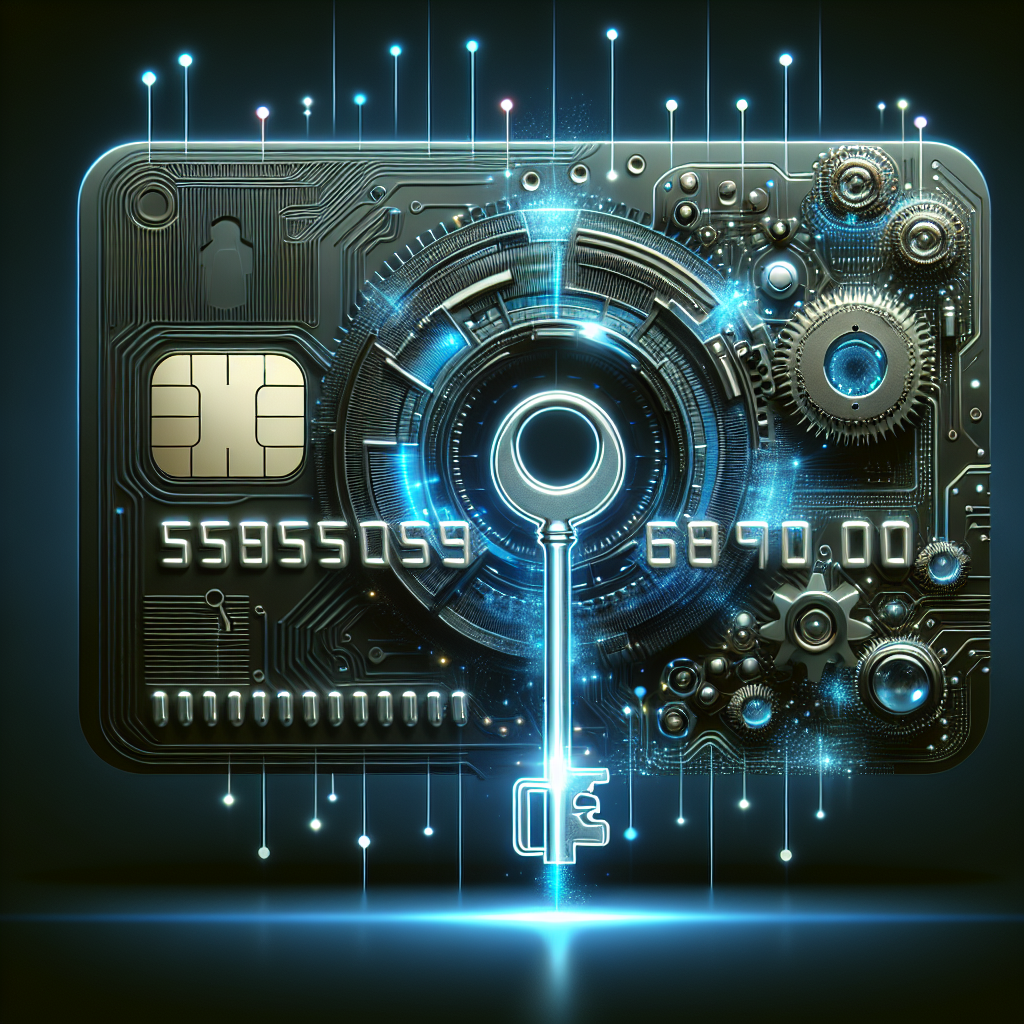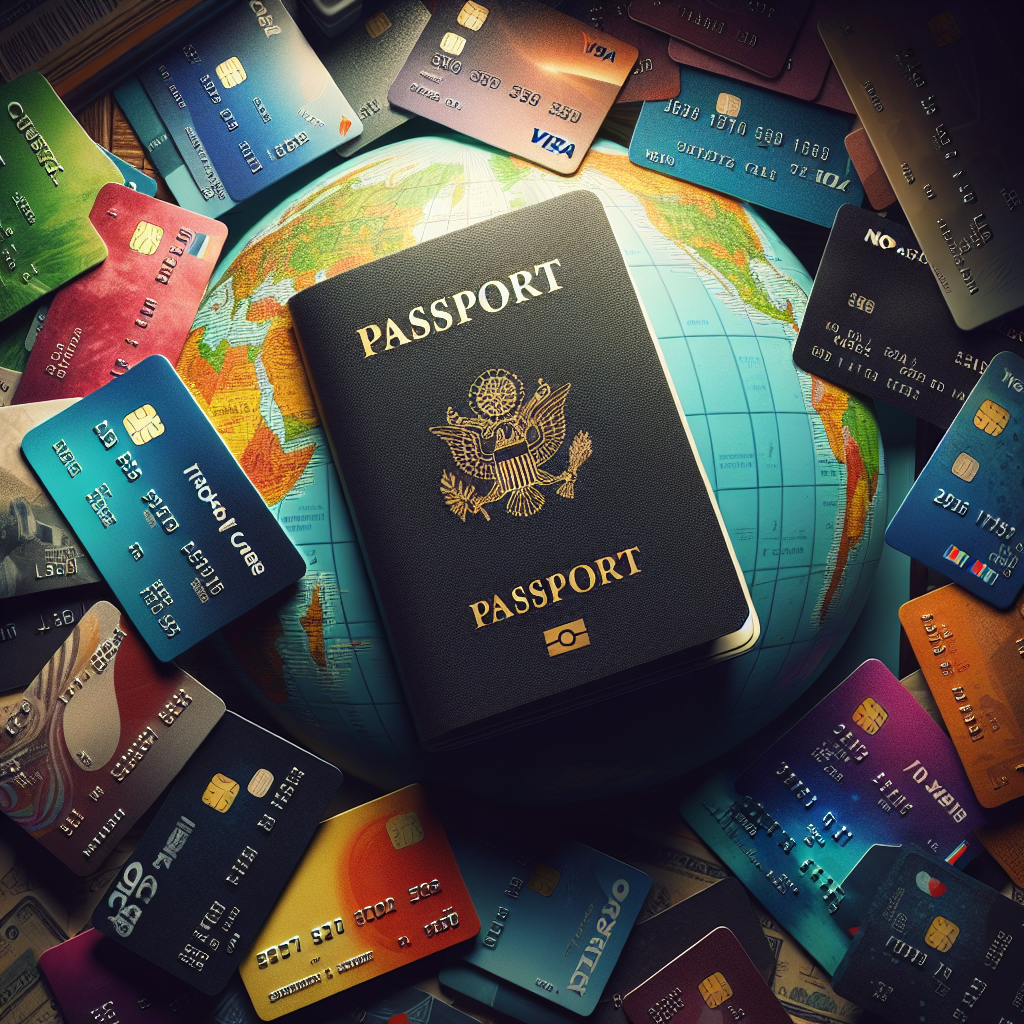Key Insights to Remember
- A cash deposit is usually the gateway to securing your credit line with secured cards.
- Your credit limit often mirrors the amount you put down as a deposit.
- With responsible use, these cards pave the way to unlocking unsecured credit options.
What Exactly Is a Secured Credit Card?
Unlike typical credit cards, this type demands a cash deposit upfront, acting as collateral to back your credit line. Despite this initial outlay, once set up, using a secured card is much like any regular card—it lets you charge purchases and make payments seamlessly.
To get your hands on one, institutions such as banks, credit unions, or card issuers usually assess your credit history as part of the approval ritual. The credit line you receive generally falls between 50% and 100% of your deposited amount, though sometimes it might be lower.
Credit reporting is a crucial feature: Most providers relay your account activity to the major credit bureaus, helping you build a credit profile. After your deposit is locked in, the card becomes your spending companion at any merchant accepting credit transactions — gas stations, grocery stores, and beyond.
Keeping your utilization around 30% or less of your credit limit is wise. Pay off your balance fully each month to dodge interest fees, but if not, expect interest to kick in on any carried amount.
Midsection Fact Drop
According to recent financial data, over 70 million Americans have secured credit cards or similar products aimed at credit building. On average, users see their credit score rise by 50-100 points within 12-18 months of responsible usage, highlighting the effectiveness of these financial tools in credit rehabilitation and establishment.
When Should You Consider a Secured Credit Card?
Building Credit from Scratch or Repairing Past Mistakes
People often turn to secured credit cards as a stepping stone to build or rebuild their credit scores, especially after financial setbacks or if no credit history exists.
Cultivating Smarter Money Habits
These cards serve as excellent training wheels for mastering credit management. Their lower credit limits and upfront deposits naturally encourage careful spending and regular balance checks—foundations for long-term fiscal wellness.
By consistently making on-time payments and managing your spending wisely, you craft a positive story for credit bureaus while instilling budgeting discipline. If you’re aiming for a structured approach to money management, a secured card provides a sturdy launchpad.
Graduating to an Unsecured Credit Card
Proving your creditworthiness through punctual payments can open doors to unsecured cards. Usually, after about 12 to 18 months of responsible use, you could either request to convert your secured credit line into an unsecured one or apply separately for an unsecured card while keeping your secured account active.
Beware, closing your secured credit card prematurely might ding your score since it reduces your total credit availability. Typically, after account closure, your initial deposit is refunded, so plan accordingly.
Smart Tips for Navigating Secured Credit Cards
- Never miss a payment: Timely payments are the single most powerful factor in your credit score, comprising roughly 35% of the total calculation. To keep your credit pristine, settle your full balance monthly if possible.
- Verify credit bureau reporting: Not all secured cards report your activity to all three major bureaus—Equifax, Experian, and TransUnion. Ensuring your issuer does report your record is vital for building credit effectively.
- Watch your credit utilization: This ratio measures how much credit you’re using against what you have available. Staying under 30% utilization signals creditworthiness and helps boost your score.
- Resist the urge to overspend: Stick to predictable, modest expenses monthly to avoid maxing out the card and to nurture disciplined financial behavior.
Words of Caution
Not every secured credit card is created equal. Some may sneak in hidden fees like annual charges after the initial year or other obscure costs. Thoroughly researching terms and conditions before committing can save you from unpleasant financial surprises.
Final Thoughts
If you’ve never owned a credit card or are keen to polish your credit score, secured credit cards represent a practical, disciplined route to financial empowerment. Through steady, conscientious use, these cards help instill the know-how and confidence needed to eventually graduate toward unsecured credit options.

